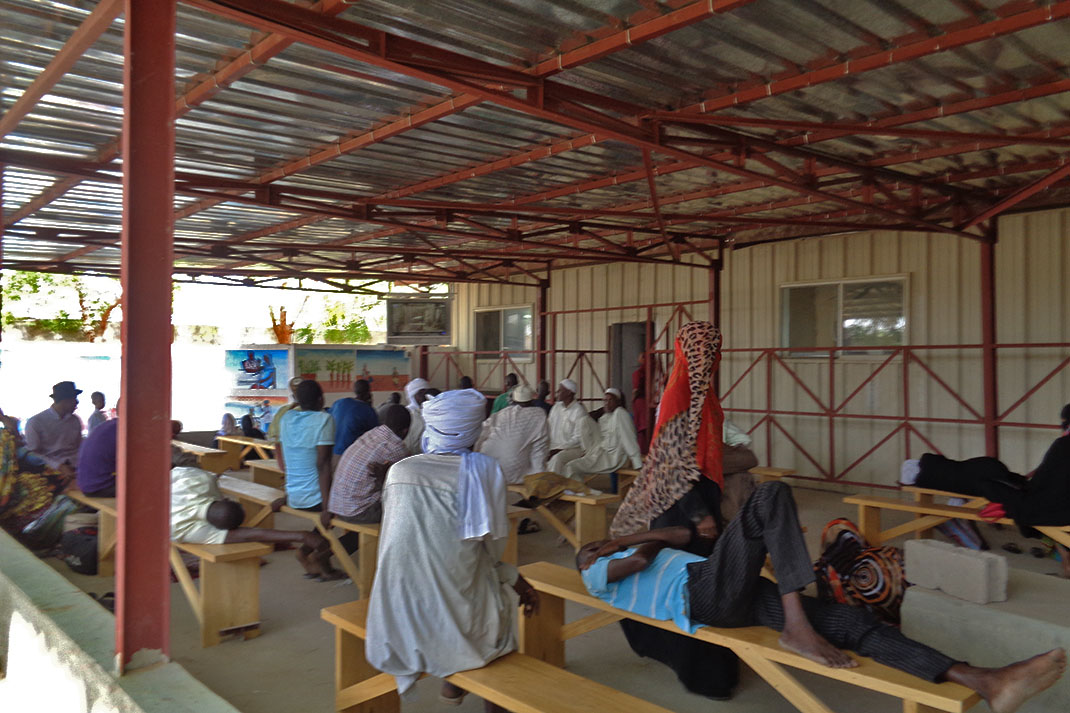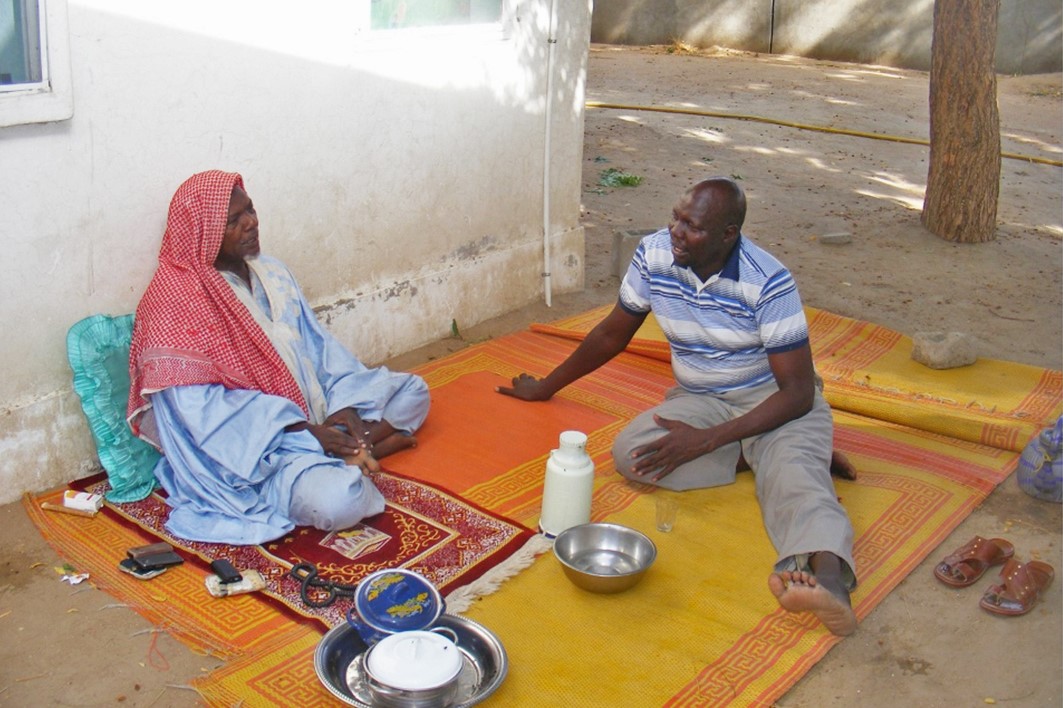You can help end modern slavery in the UK
You can help end modern slavery in the UK
Thousands of people are enslaved in our country. By learning to spot the signs, you can help to set them free.
You’ve probably met someone trapped in slavery. They might have washed your car, paved your driveway, or painted your nails. You might have passed them begging on the street, or avoided their gaze as you drove by them late at night. They couldn’t tell you they were being exploited and you would never have thought to ask. But they were there, and so were you.
The National Crime Agency previously estimated that there were 13,000 people being kept in modern slavery in the UK. It now says that number is the tip of the iceberg. Modern slavery and human trafficking are so widespread, ordinary people like you and I could unknowingly be crossing paths with victims every day.
Modern slavery is endemic in the UK. Those words should be shocking. Horrifying even. And they’re true. In our cities, towns and villages, vulnerable people are being exploited for the financial gain of others. They’re being forced to live in inhumane conditions and work extreme hours for little or no pay. They’re too afraid to speak to the police. And the rest of us don’t even know what to look for.
There’s so much we can do as churches and community centres
Christians should hate slavery – Jesus declared his mandate “to proclaim freedom for the prisoners and… to set the oppressed free” in Luke 4: 18, and he calls us to do the same. By supporting BMS, you’re already helping in the fight against modern day slavery in the UK and overseas. And the good news is, you can do even more.
Richard* is 56. He’s been homeless for 40 years. He lives on the streets of Southend and a few years ago he was picked up by a travelling family who offered him work. “I was walking down the street and a 4×4 pulled up and they said, ‘do you want a bit of work?’ So I went with them,” Richard says.
That’s how easy it is for someone to inadvertently walk into slavery. People are desperate. They’ll say yes to a job.
Thankfully, Richard’s exploitation only lasted for a few weeks, but other homeless men in Southend have spent years doing forced labour. “They were given accommodation, and spent 16 or 18 hours tarmacking people’s driveways,” says Rev Dan Pratt, minister at 57 West, a church and community centre in Southend. “Often if they weren’t paid then they would want to leave, but through physical abuse, mental abuse, or even threats to their families, they didn’t feel able to.
“Some of the people we’ve met worked for those families for 12, 15 or even 20 years.”
Dan, a former BMS mission worker, has come alongside many people who have escaped slavery in Southend. His passion to set the prisoners free developed when he was working with BMS in South Africa. Now, we’re helping to support his work in the UK. In partnership with the Baptist Union of Great Britain and the Eastern Baptist Association, BMS is helping to fund Dan as he heads up Together Free, a network aiming to raise awareness of modern slavery and to help churches across the country fight it. That means, as a BMS supporter, you’re helping to fight slavery in the UK. And in order to fight it more effectively, all of us need to understand what modern slavery is.
We read reports of children carrying hard drugs, and of pop-up brothels – where trafficked women are made to work with little or no pay. People have been kept in slavery at car washes, construction sites, and in people’s homes. It’s happening everywhere.
Since attending a workshop run by Dan and Together Free, Baptist minister Emma Hunnable has been spurred to act against modern slavery. She’s started speaking with her local council and police officers to find ways the church and community can work together.
People who are being kept in slavery have a fundamental right to life in fullness
“If it’s happening in Southend, then it must be happening everywhere,” says Emma. “It’s happening right
on our doorsteps. And as churches, we need to know. We need to be contacting our local councillors and MPs and asking ‘what is going to be the policy on this? What are we going to do about it?’”
Uncovering modern slavery is like trying to piece together a jigsaw puzzle. No-one has all the information. But vulnerable people who are being exploited need to be helped and, while they are unlikely to talk to the police, they might speak to you. The traffickers and slave masters are smart, that’s why they can enslave so many people, and so we need to be smart too.
“There’s so much we can do as churches and community centres,” says Dan. “We’re often working with food banks, with homeless shelters, with crèches – we’re at the grassroots level in our community. We are the eyes and the ears, and we have the possibility of breaking the disconnection that lets modern slavery thrive.”
It’s a huge challenge. And it’s one that we, as Christians called to care for the least and the lost, need to seize. In the resource below you’ll find helpful advice for how to spot the signs of modern slavery and what to do if you suspect someone is being exploited. Your church doesn’t need to start a new initiative or raise loads of money to fight this – you’re already in the places where the people most at risk will be. We just need to be more aware. To be smart. To see.
“People who are being kept in slavery have a fundamental right to life in fullness, and this is what BMS is all about – going to the darkest places, to the hardest places, to the least evangelised, to the people who need to know God’s love the most,” says Dan.
We can break the disconnection that lets modern slavery thrive
That is what we’re about – everywhere we work. That’s why we’re working with people like Dan to raise awareness of modern slavery in the UK. And that’s why we’re asking you to help us. The Church is an army ready to be mobilised to fight slavery. We’re made up of doctors and rubbish collectors, teachers and food bank volunteers. If we all learn to spot the signs of slavery, together we can proclaim freedom for the prisoners.
*Names changed






